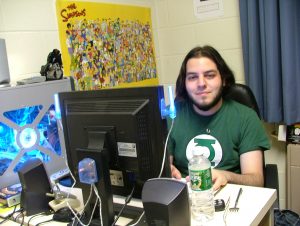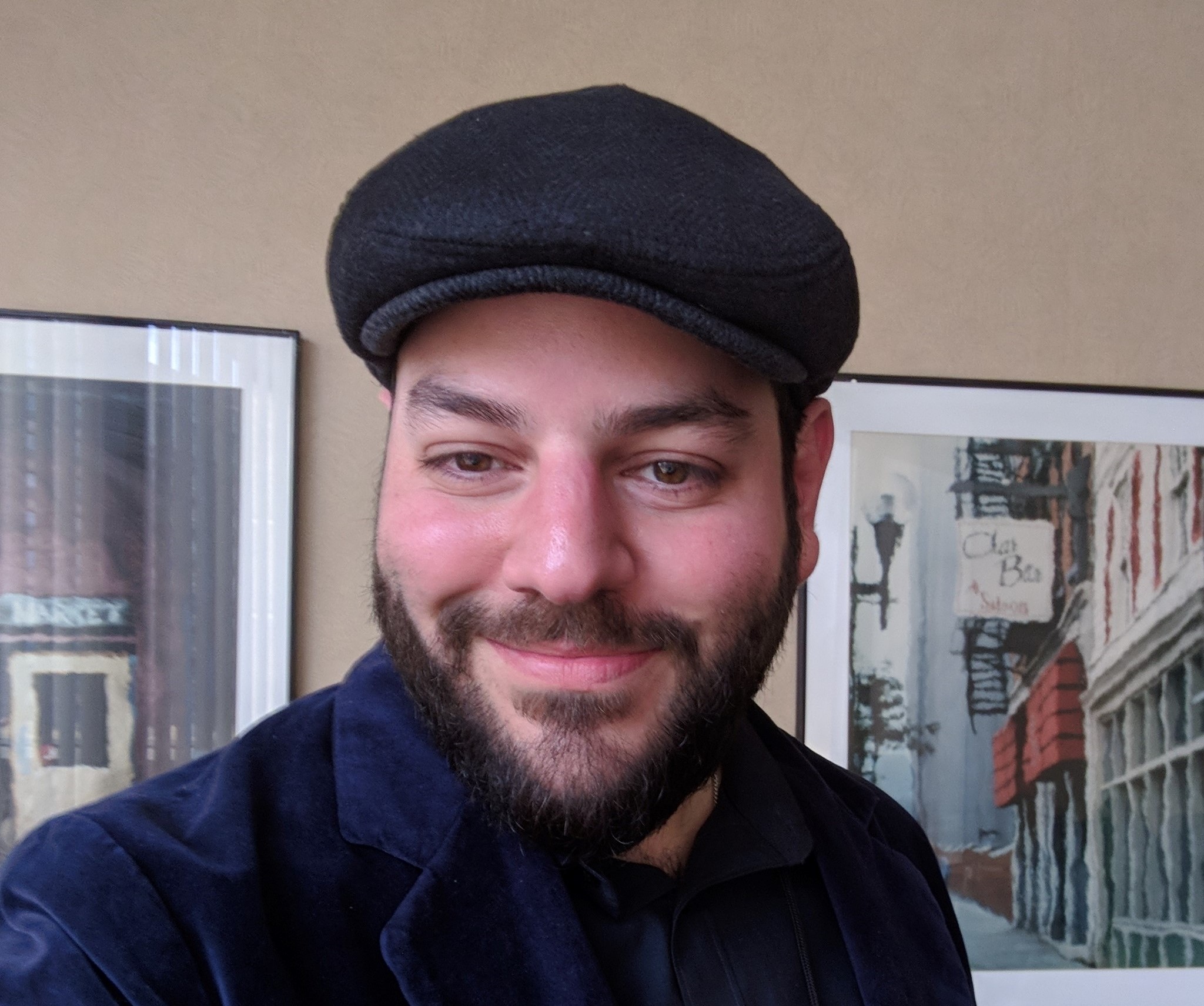When people ask me, “So how did you get into I.T. and Operations?”, it is usually accompanied by a blanket assumption about my collegiate education. When you work in I.T., you most likely studied computer science. When I inevitably hem and haw a bit and explain that I was an English Literature major at a small liberal arts school, their puzzled faces are always enough to bring the beginnings of a smirk to mine. Because I know what you may know, but they almost certainly do not: English majors are the most clever and intellectually nimble creatures on God’s Green Earth. We have to be. For the reading and analysis of the history of our species, as told from the point of view of anyone, anywhere, at any time, with any perspective, strikes at the very heart of what makes us human. History is what we write about ourselves when we are pretending to be objective. Literature is what we write about ourselves when we are being honest about who we are.
Once upon a time I had no idea what I wanted to major in, and this was not something new. In all my previous years of education before arriving at college, there was never a subject or possible profession that gripped me in any meaningful way. There was never a vocational calling in my life like so many receive from medicine, engineering, education, etc. So, early on in my time at OWU, I decided to take the courses that appealed the most to me, and whichever degree I ended up with would at least have been well earned and enjoyed. This approach was not without its flaws, as I am sure you are thinking “What was he going to do for a job following this little experiment?”
In the years after I proudly graduated with my degree in English, I grew the small computer resale business that I had started with a friend in my Smith Hall dorm. The white cinderblock walls stacked high with used laptops were replaced by the larger space of my Delaware apartment basement-turned-office stacked high with used laptops.

Lee in his Smith dorm room with the first computer he built from scratch
As the business grew, I found myself dedicating more and more time to customer service. Call centers and canned responses have become so ubiquitous in recent years that it is hard to imagine a time when it was all intimate and personalized. The choice of simple words and language, at the correct time, can defuse any number of escalating situations in many facets of life. This was very true in my business, and very true when interacting with customers in any conceivable environment. Four years spent studying how human beings talk, and don’t talk, to each other sensitizes you to this.
That being said, the greatest skill I learned in my time as an English major was unquestionably critical thinking. This concept has been written about a lot in recent years but still, for many, can remain a difficult notion to pin down. I like to describe it as a 360 degree approach to cognition. Training the brain to attack a problem or probe an idea from all possible angles leads to the the most educated and well-reasoned results. In my time in I.T. and Operations, this ingrained problem-solving instinct that was groomed throughout my English studies has aided me exceedingly well. Because the challenges we often face are man-made, it is through studying humanity’s subjective work (literature) that we may see the most optimal ways of navigating towards success.
The ability to think critically about any topic or subject is a superior tool for one to have. It is a key that unlocks any door, a secret password to a cave of treasures, and a mighty weapon to wield against the beast of ignorance. Those who do not have it will never understand what they are missing, and those who do can hardly remember what life was like before they possessed it. This is the beauty of our studies, to sharpen and hone the blade of the mind into a precise force, capable of adapting thought across myriad contexts. It is the ever-questing mind that calls out to understand all things. This is as true today as it was when Tennyson wrote such immortal words, a mantra that all those who enter our field heartily embrace, and that is truly, “to seek, to strive, to find, and not to yield.”
Unless you are confronted with a rogue printer for the tenth time that day; then it may just be time to find a solution.
A baseball bat does not yield.

